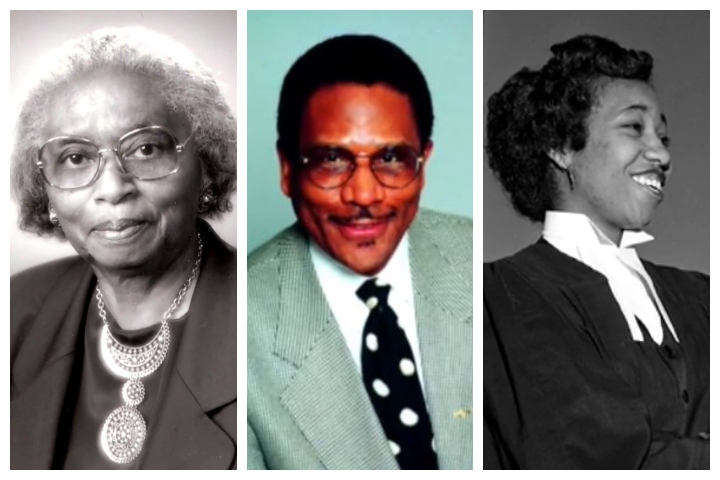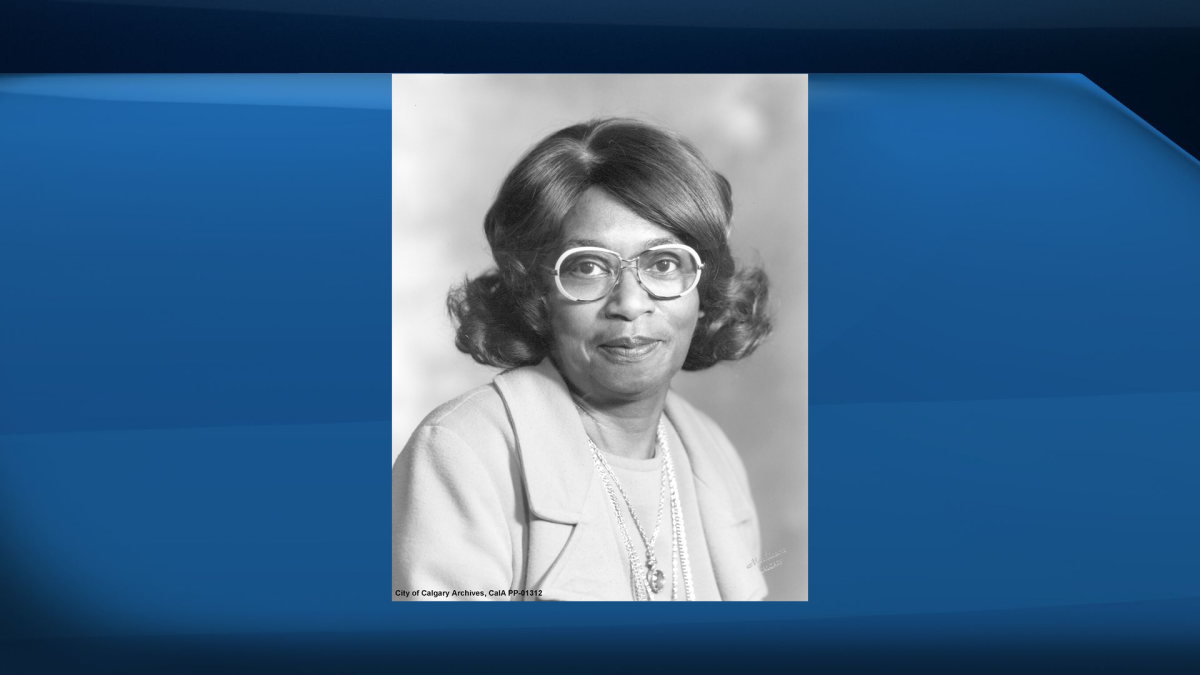Learning about Black history shouldn’t be limited to the shortest month of the year.

“Black History Month is an incredibly important, exciting month, an opportunity to learn about Black history and to celebrate a lot of the triumph from the past and also of people today,” Matt Sauer, a member of the Black Teachers Association of Alberta, said in a recent interview with Global News.
“It’s really important that we do this not just in February, but March through January as well, so we can celebrate the diverse province that we have year-round.”
The association is organizing online events for students, bringing opportunities for connection and networking throughout the month.
As the father of two young daughters, Sauer highlighted the importance of having the conversation about racial justice, equity and diversity early.
“Having the conversations young is important so kids really understand their place in the world and value other people’s voices and perspectives,” the Calgarian explained.
“It’s vitally important to start as young as we can. The kids are hearing it already on the playgrounds and from peers.
“It’s important to have those conversations — yes, at home and in our schools — and to celebrate a lot of the joys associated with Black culture and history in our city, our province and our country.”
Andrew Parker, co-founder of the Black Teachers Association of Alberta, said he would like to see more activism, support and representation.
“It just has to happen on a genuine level,” he said.
You might not know about the legacies of certain Black Albertans, but it is never too late to learn.
“We need to know our history and the contributions of Black Albertans to the Alberta that we see today, which is thriving,” said Nicole Dodd with the Calgary Public Library.
“I think that these stories are little-known and little-told, and so it’s important for us to highlight those stories and really understand the contributions of all types of people to Alberta and to Calgary.”
Canada’s 1st Black female lawyer
CPL is featuring the achievements of Black Calgarians throughout February.
Calgary-born and raised Violet King was the first Black woman to practise law in Canada.
“I think Violet’s particular story is one of just breaking several barriers and really being a trailblazer,” Dodd said.
“She not only shattered the glass ceiling, but she broke colour barriers as well by overcoming sexism and racism in a field that would have been predominantly white males.”
King took business courses in Calgary and obtained her law degree from the University of Alberta in 1953 — becoming the first Black law student ever to graduate from the university, according to the library.
“When she entered law school in the 1950s, she was one of three women. However, when she graduated, she was the only woman to actually complete law school that year,” Dodd said.
She was called to the Alberta bar in 1954, making her the first Black woman to practise law in Canada.
King later worked in immigration in Ottawa, Dodd added.
1st Black person on Calgary city council
Virnetta Anderson was the first Black person ever elected to Calgary city council.
“She actually came from Arkansas in the 1950s because her husband was a Calgary Stampeder, and he was actually one of the first Black Calgary Stampeders to play for the team,” Dodd explained.
Anderson served as Ward 3 alderman from 1974 to 1977 and was heavily involved in the community from the moment she arrived, Dodd said.
“She was the president of Meals on Wheels in the ’60s and ’70s. She served on many charitable boards,” Dodd said.
“She was a part of the United Way Speakers Bureau, and she actually went around different community organizations and spoke about important social justice issues… She spoke and advocated for disadvantaged communities, seniors, the arts.”
After serving as an alderman, Anderson was invited by then-mayor Ralph Klein to join the Citizen Advisory Committee so she could provide a female perspective, Dodd explained.
“She had an opportunity to advocate on issues including transportation, Indigenous employment opportunities, downtown deterioration and affordable housing,” she said.
Calgary’s CTrain designer
After graduating from the University of Alberta, Oliver Bowen became Calgary’s first special projects engineer in 1965. He designed the first leg of the CTrain, becoming the manager of the LRT division of Calgary Transit in 1977, according to CPL.
Dodd said his legacy is incredible and continues to benefit millions of Calgarians every year.
“Not only did he develop the first line from Anderson to city hall, but then he also developed the expansion for the 1988 Olympics, which occurred from city hall to University of Calgary,” Dodd said.
“Ultimately, he was instrumental in modernizing Calgary Transit from electric trolley buses to what we have now, which is light rail transit, and he has forever changed the way Calgarians move around our city.”
Bowen was from Alberta’s Amber Valley area, where Black Americans went to escape Jim Crow laws, racial hostility and violence in 1910, according to the Canadian Encyclopedia.
“A thousand Black people actually moved just north of Edmonton and established a settlement called Amber Valley,” Dodd said.
“They truly established a community that was for them by them, which was very powerful for the time. But I think that the nature of that community was based off of the resilience that they had to demonstrate because of the discrimination that they would have faced in Alberta in general.”
CPL also released short videos about Black civil rights activist Charles Daniels and Black rancher John Ware.













Comments